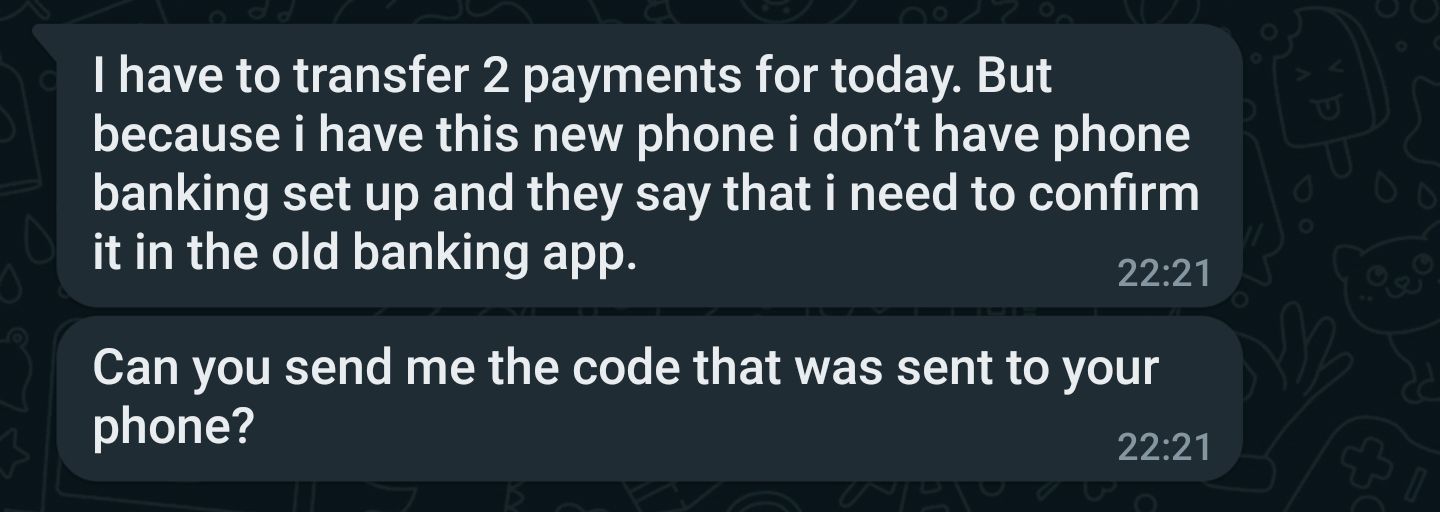Cyber criminals are always devising new and nefarious ways in which to scam people out of their money. Scams that appeal the emotions or create a sense of urgency are often the simplest, and most effective.
One such trick that has been doing the rounds lately is the “Hi Mom!” or “Hi Dad!” SMS scam. The commonality of this scam is alarming and is believed to have already cost the public millions of dollars.
What Is the Hi Mom Scam?
The Hi Mom scam typically begins with an SMS or text message purporting to be from a loved one—making it a form of synthetic identity fraud. Initially, the victim is presented with a very believable scenario—that their family member has smashed their phone and is temporarily using another to make contact.
The phone number used in the scam generally originates from the country where the victim resides, adding to the legitimacy of the scam. The Hi Mom scam targets vulnerable population groups, with the majority of victims being women over the age of 50.
The scammer typically asks the victim to save the number and make contact over a messaging application such as WhatsApp. The conversation will quickly progress to a request for money or personal information. Requests for money can come in many forms such as gift cards, or a money transfer.
The requests almost always constitute a sense of urgency and use emotional manipulation designed to pressure and coerce the victim into acting immediately. Scams that use SMS as a vector for faking identity are commonly known as "smishing" scams.
In our example, the scammer is attempting to log into a bank account belonging to the victim, and will use the two-factor authentication code sent by the bank to access their account.
How to Handle and Avoid the Hi Mom Scam
There are a number of ways in which you can protect yourself and loved ones from the Hi Mom scam. If you receive an unsolicited SMS, it is important to verify the source. Call your family member and speak with them directly or use their social media accounts to contact them. If the person picks up the phone, you know the message has been sent from a scammer.
Avoid engaging with the scammer, as doing so can afford them the opportunity to employ manipulation techniques. Never send any personal information, codes, or money to anyone unless you have verified their identity first.
Another way to protect yourself from the Hi Mom scam is to ensure you don't make mistakes that compromise your privacy on social media. Scammers often use information available publicly online to create convincing messages that appear to originate from a family member.
You may also take a proactive approach and talk to your family members. Organize code words and phrases so in the event that someone does receive a smishing attempt, it will be very easy to confirm they are who they purport to be.
If you do suspect you have been sent a smishing attempt, such as the Hi Mom scam, you should know how to report SMS spam and fraud.
The Best Defense Is a Good Offense
The efficacy of the Hi Mom scams rely on emotional sentiments between loved ones. Discussing social media privacy and identity verification with your family is the best way to avoid becoming a victim of scams, like Hi Mom.


